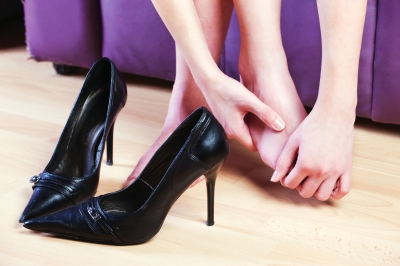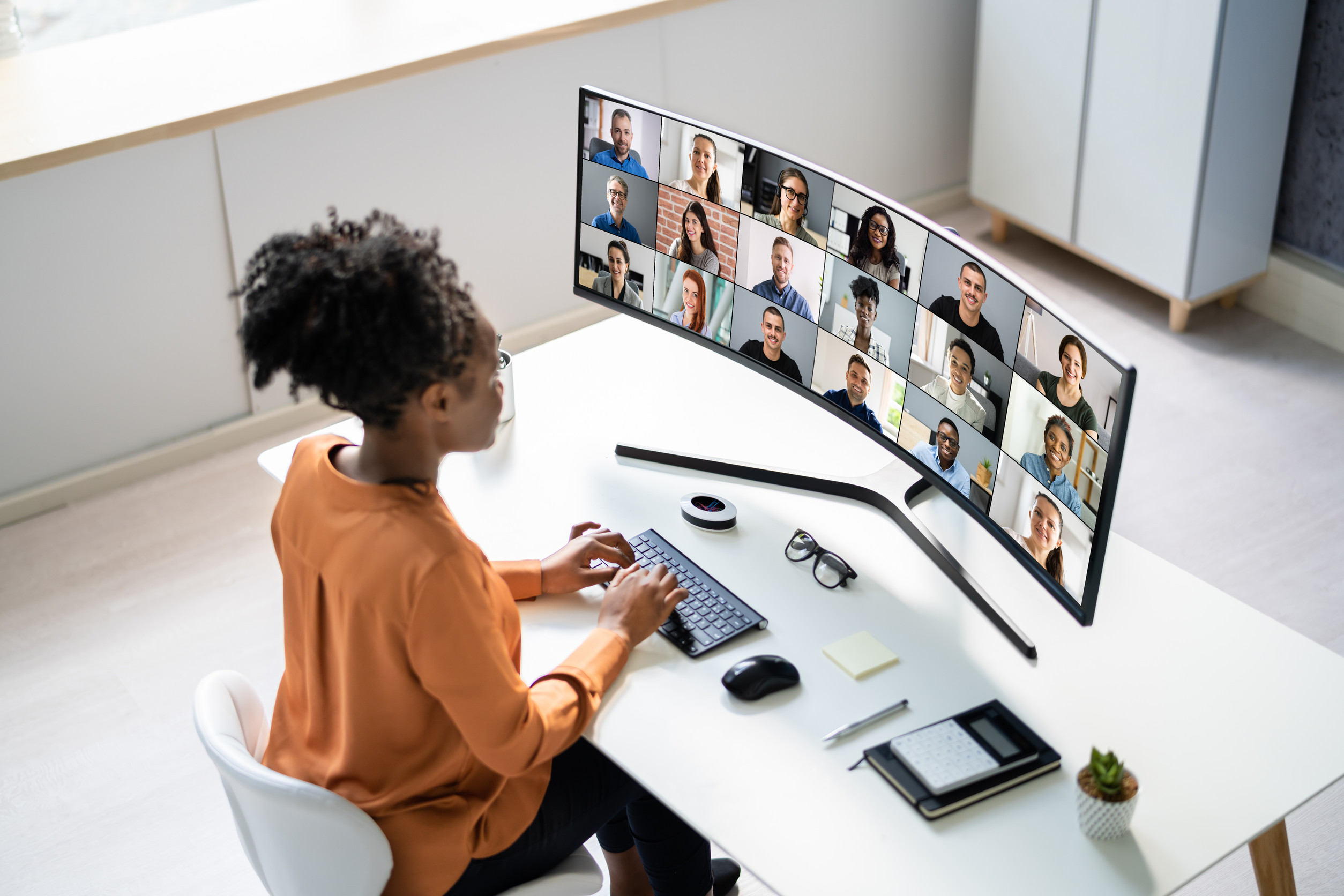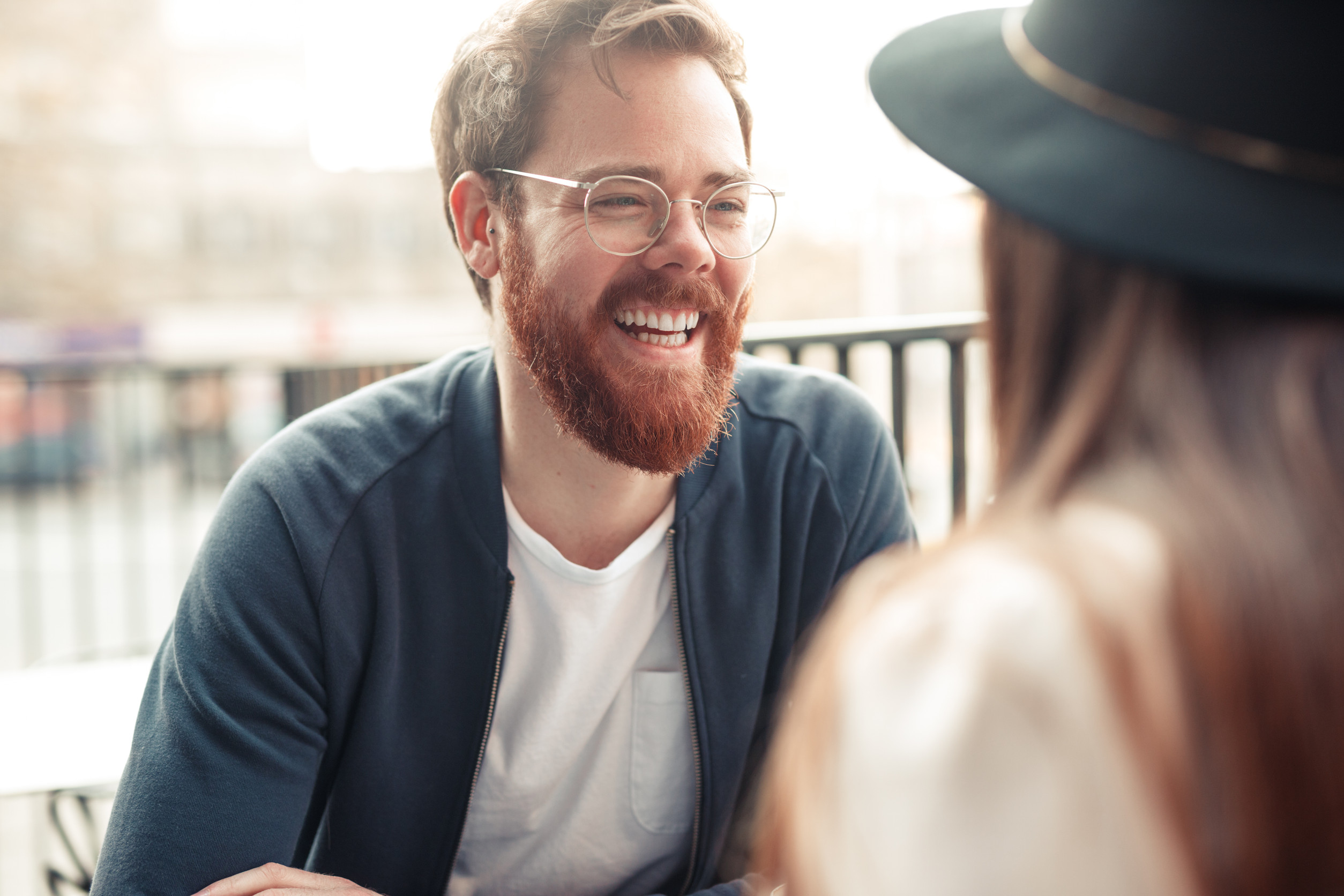The Best Shoes Are
Comfortable Shoes
Comfortable shoes may only play a supporting role, but they are very important as you go about your day.
After all, for a supportive item, we sure do put a lot of pressure on our shoes! Literally.
Your feet determine your stance and posture, and your stance and posture determine the pressure points placed on your feet. It's the perfect show of how your body depends on each part to do its job perfectly.
When one part is prevented from working optimally, particularly when stumbling around in ill-fitting shoes, the rest of you becomes uneasy, irritable, and possibly in pain.
Style may be important to you, but support and comfort should be top priority. Wearing shoes that do not fit appropriately, or that you can't walk in easily, could be doing damage that you won't see for years to come. Eventually, bunions, corns, hammer toes, and ingrown toenails become a part of your life.
Comfortable Shoes = Good Self-Presentation
How you present yourself to the world depends greatly on the shoes you wear.
Bunions, corns, and ingrown toenails may all seem like physical issues, but think about how these physical issues affect your daily life. . .
Ill-fitting shoes make you irritable, so you snap at a customer in your store and lose a sale.
You have difficulty walking in the stylish heels you invested in for your job interview. So you're perceived as unprofessional, and not hired for the position.
Neither of these are positive scenarios, yet both could have been prevented by wearing comfortable shoes.
Shopping for the Perfect Shoe
Find a style that suits your physique and your lifestyle. Flip-flops, classic heels, loafers, or hiking boots? Perhaps a mix of two or three different styles depending on your weekday to weekend activities.
Next, find a brand that fits you perfectly. Different companies and shoe designers cater to different types of feet. It pays to do a little research and find the one that suits you best.
You may even pay a visit to an orthopedist or chiropractor to discuss the type of support your feet need and the appropriate shoes to wear.
When shopping for comfortable shoes, avoid impulse buying. Put a lot of thought into how a pair of shoes feels when you try them on. And be honest with yourself about what it might feel like to spend several hours in them.
Comfortable or unbearable? It's your choice!
Consider your shoes an investment. What sort of return will you get on your investment?
Will you have orthopedist, chiropractor, or podiatrist bills to pay in the future? Or will your good choice in shoes bring many happy occasions - long walks in the park, dancing the night away, and a noticeable professional presence at work?
Choose your shoes wisely, take proper care of them, and you will reap the rewards they can bring you.















